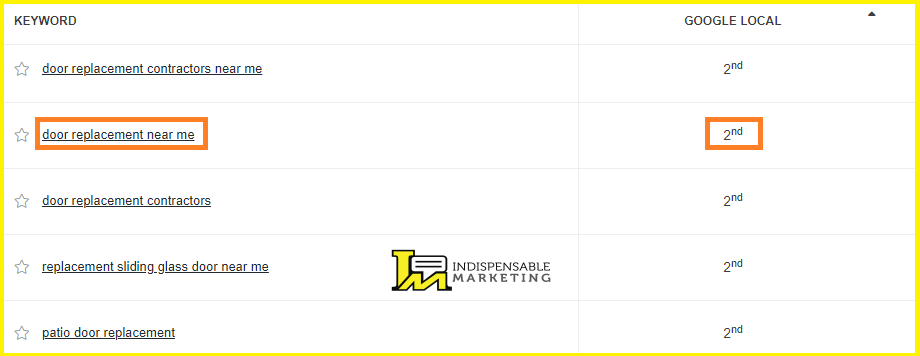How to Choose a Google Business Profile Category That Doesn't Relate To Your Business [And Increase Sales]
After reading this title, I know what you're thinking: "What are you talking about?" When being strategic and deciding on a category for your business profile, at one end of the table, you will find categories that are directly related to your business.
On the other end, which is not often talked about or heavily researched, you will find categories that have nothing to do with your business; however, we have noticed that they are valuable in making your phone ring and increasing your local rankings. I call this "adjacent categories."
This practice isn't new; it's often referred to as strategic categorization or strategic product categorization. It involves creating or associating with categories that may not be directly related to your core business but can enhance your visibility, improve search engine rankings, and boost overall sales.
Both traditional Google Business Profile (Google My Business) categories and adjacent categories connect you to customers who search for your products and services.
Case Study 1: Door Replacement Service
Occasionally, a business aims to rank for a service that doesn't precisely fit within an existing category. Take, for instance, a remodeling contractor in Richmond VA offering a door replacement service. While there isn't a specific category for "door replacement" on Google, the closest relevant category we identified is "door supplier." By strategically associating with this category, the remodeling contractor enhances visibility and increases the likelihood of attracting customers seeking door-replacement services, despite the lack of a dedicated category for their specific offering.

This remodeling contractor isn't exclusively a door supplier. However, by strategically adopting the "door supplier" category on Google, even though it doesn't precisely match the company's primary focus, Google associates it with the contractor's door replacement service. This strategic move has proven to be immensely beneficial, facilitating the contractor's visibility in local searches and driving increased sales opportunities.
Case Study 2: Model Home Showcase
Similarly, consider a real estate developer based in Richmond, VA, utilizing model homes to showcase the quality, design, and features of their properties to potential buyers. We observed that achieving visibility for these model homes on Google Local is contingent on having the category "home builder."

Google Business Profile (Google My Business) Adjacent Categories
Adding as many Google My Business categories as possible that are relevant will have a positive impact on your rankings and is the #7 local pack ranking factor.
With this information and insight, and considering the fact that your Google Business Profile services do impact ranking, this means the more categories you select, the more services you can offer. This is a gold mine.
The biggest thing to keep in mind is that just because a category doesn't directly relate to your business doesn't mean it won't help you increase your rankings and make your phone ring.
Get in Touch to Rank Higher on Google My Business
Are you a local service company in Richmond VA or United States looking to rank higher on Google My Business? If your goal is to dominate the Google Local Pack and score new customers, we are your go-to marketing partner. We specialize in SEO for local service businesses, offering a proven approach to SEO services.
Whether you're seeking marketing strategy consulting or monthly local SEO services specifically designed for pest control, we've got you covered. Contact us today to learn more and take your company to the next level.




